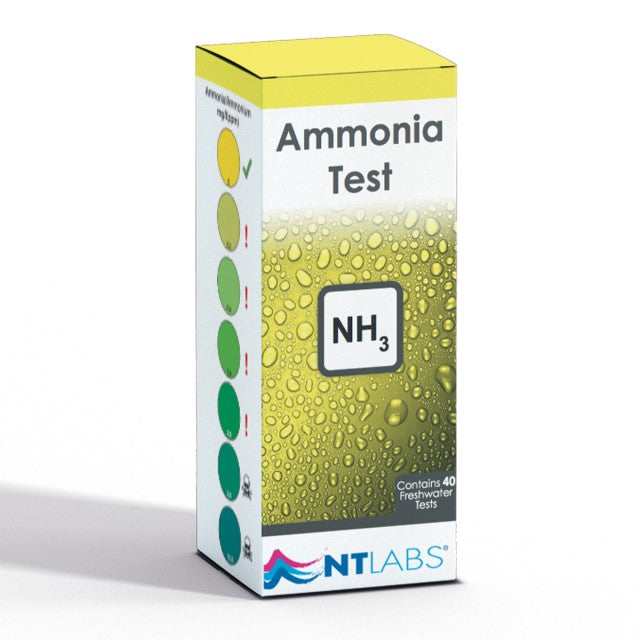No Products in the Cart

Flexible interest-free payment options available at checkout.
From as little as R 67.50 per payment. Learn more
Understanding Ammonia in Your Aquarium
Ammonia is the primary waste product excreted by fish as a result of feeding. It is also released through the decomposition of uneaten food and decaying organic matter, such as dead plant leaves. Ammonia is invisible and cannot be detected by looking at the water, but even small amounts can be extremely toxic to fish. Fortunately, beneficial bacteria in the filter convert ammonia into the less harmful nitrite.
Ideal Ammonia Levels
There is no safe level of ammonia in an aquarium. Even trace amounts can cause stress, gill damage, or death in fish. The ammonia concentration should always be zero mg/L (ppm).
Managing Incorrect Ammonia Levels
If ammonia is detected, immediate action should be taken:
At 0.2 mg/L, dose the aquarium with a filter booster such as Filter Starter to reinforce beneficial bacteria
For readings between 0.5 and 1.0 mg/L, perform a 25% water change
If ammonia exceeds 1.0 mg/L, perform a 50% water change
Add Ammonia Remover to the filter to help eliminate the toxin
Always check other essential parameters including pH, KH, and nitrite, as they interact closely with ammonia levels
Prompt intervention and regular testing are key to preventing ammonia-related health issues.
How to Perform an Ammonia Test
Ensure the test tube is clean
Add 5 millilitres of aquarium water to the test tube
Add 5 drops of Ammonia 1, 5 drops of Ammonia 2, and 5 drops of Ammonia 3
Replace the test tube cap and shake thoroughly
Wait 10 minutes for the test to develop
Compare the colour of the sample to the provided colour chart
A yellow sample indicates zero ammonia
Any green tint reveals the presence of ammonia in the water
This test kit measures ammonia as NH3-N, which aligns with standard safety thresholds for fish and plants. To convert the result to ionic concentration (NH3), multiply by 1.21.



